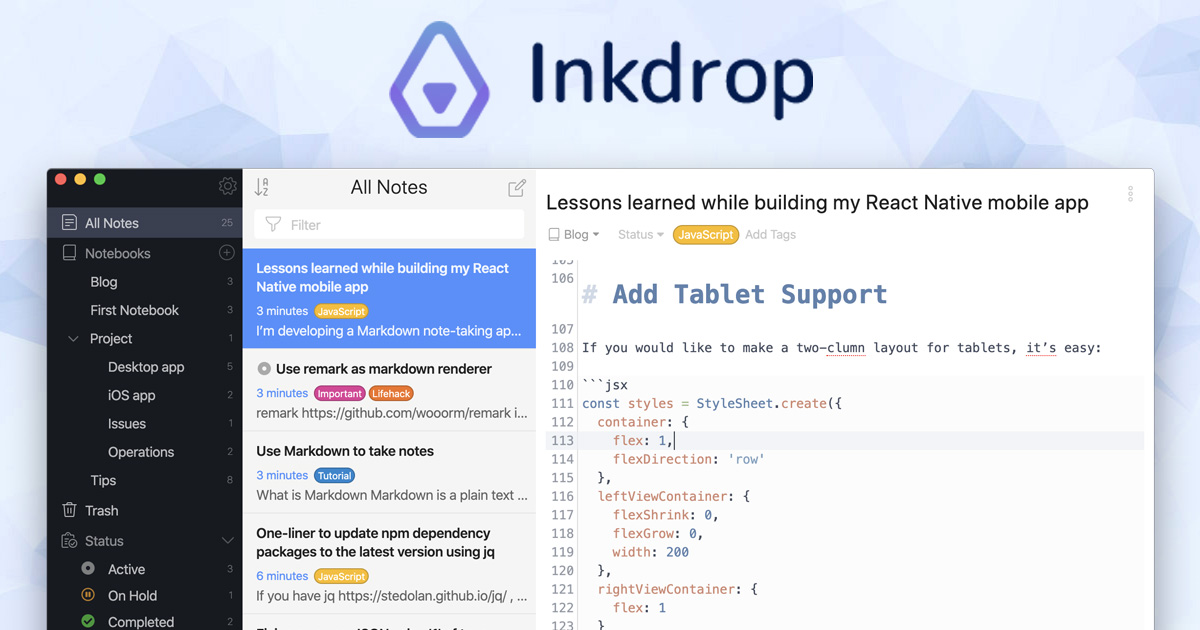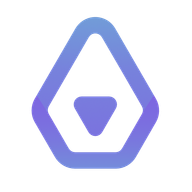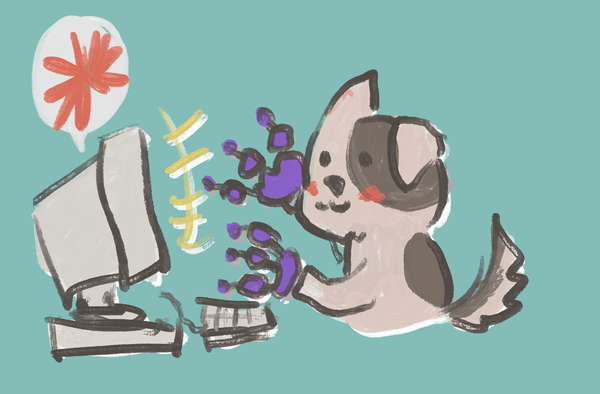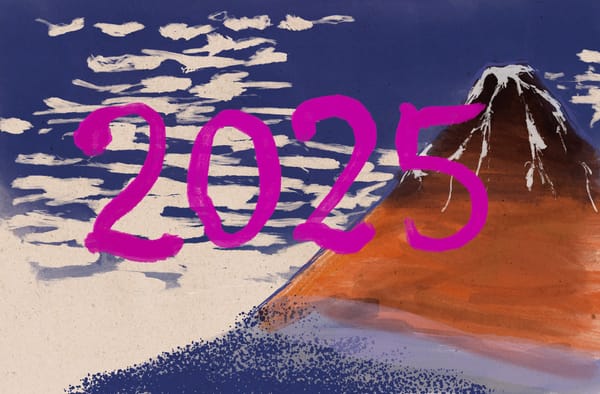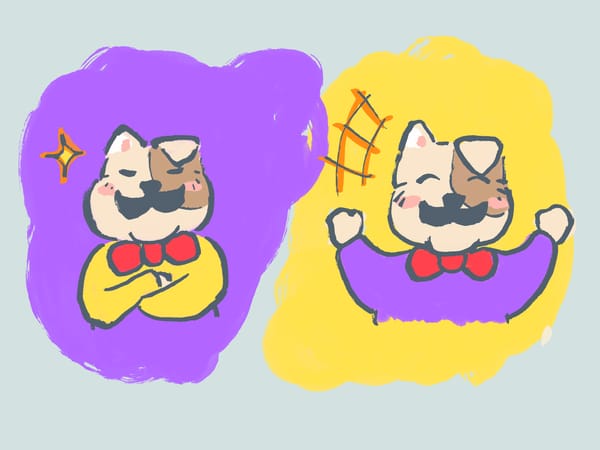How low self-esteem and hyperfocus drove me to burnout
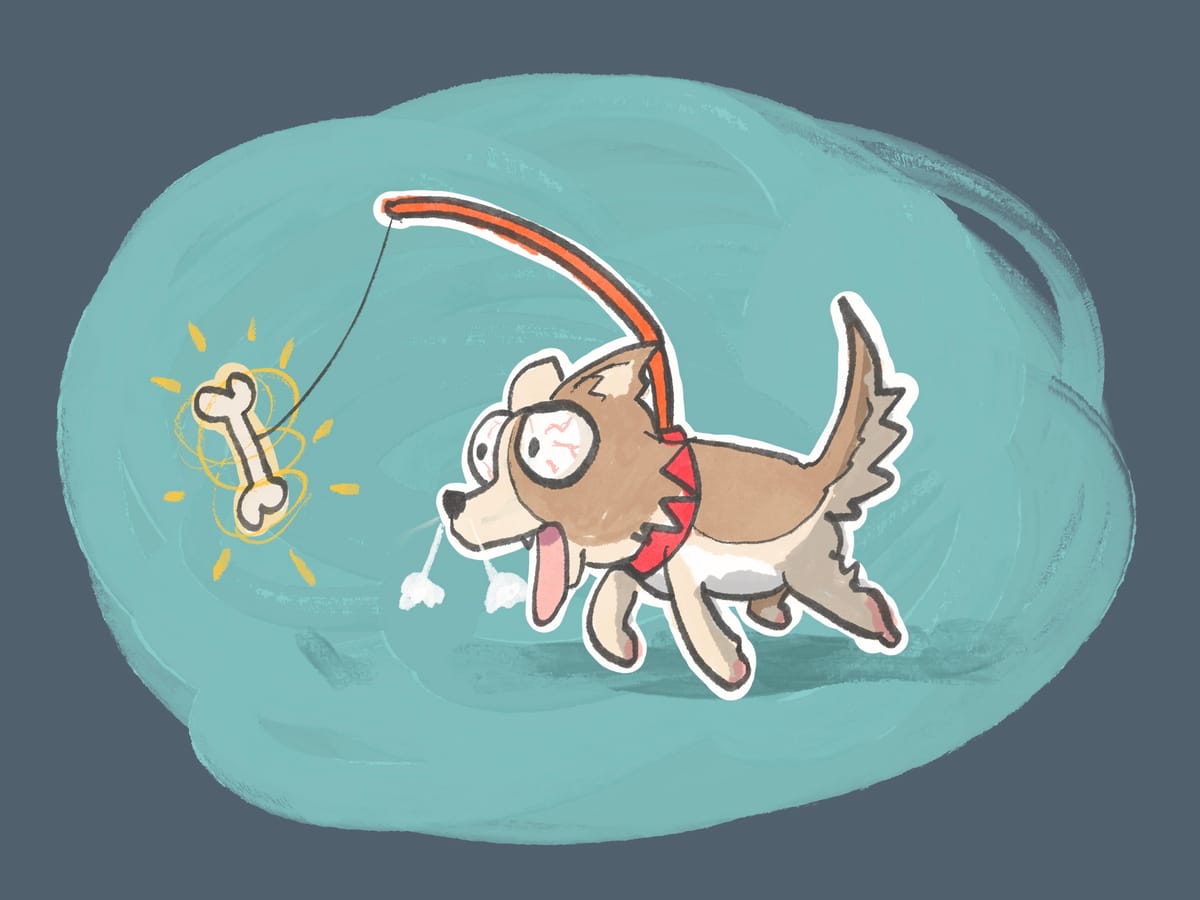
Hey, this is Takuya. Recently, I pushed myself too hard on indie development and ended up sick, as I posted a video on my channel recently. My atopic dermatitis flared up badly, and my quality of life dropped sharply. It was like hell, literally. I’m still recovering, but I’ve been walking more than 10,000 steps every day and slowly getting better.
To make sure I don’t repeat the same mistake, I wanted to dig into why I tend to overwork myself. Mental health in indie development isn’t something people talk about much, so maybe this reflection can help someone who’s been in the same situation.


TL;DR
- Looking back on my roots
- How coding gave me a reason to live
- My formative experience gave me an unhealthy motivation
- Seeing it as an unfixable bug in my system
- Accepting myself just as I am, regardless of the app’s success
- Why I haven't given up: I’m basically optimistic, despite it all
- My users told me to rest – with no 'deadline'
- Life is long. Don’t die over app development!
Looking back on my roots
It’s been around eight years since I started living solely off the app I built. People often call it a dream lifestyle — making a living from something you created yourself. And yes, I’m truly grateful for it. But behind the freedom and independence lies a quiet loneliness and a constant fear that no one will catch you if you fall.
My app is a note-taking app, and this market is brutally competitive — a red ocean. The fear of losing users to competitors is always there, gnawing at the back of my mind.
The reason I’ve kept going so obsessively with indie development comes from one deep, personal experience. Back in college, I hit a dark period when my relationships suddenly started falling apart. Friends turned cold or rejected me, I was emotionally shaken, and things with my parents got worse too. I felt worthless — like I didn't deserve to exist. Depressed.
How coding gave me a reason to live
Even so, I somehow kept making little tools and uploading them to my website. One day, someone left a message on my site:
“Your software helped me solve my problem.
Thank you!”
That single line shook me to my core.
I originally started programming because I wanted to make an action RPG like The Legend of Zelda. Since development tools were scarce back then, I had to build everything — the map editor and character designer. Through that, I learned how to make Windows apps and eventually created small tools like a P2P file transfer app and an automatic mp3 tagger.
I kept doing this quietly throughout college.
When someone said “thank you” to me for something I made, it was literally life-changing. It made me realize, maybe I do have value. No one around me — not even my parents — really understood what I was doing, but that one message gave my life meaning.
My formative experience gave me an unhealthy motivation
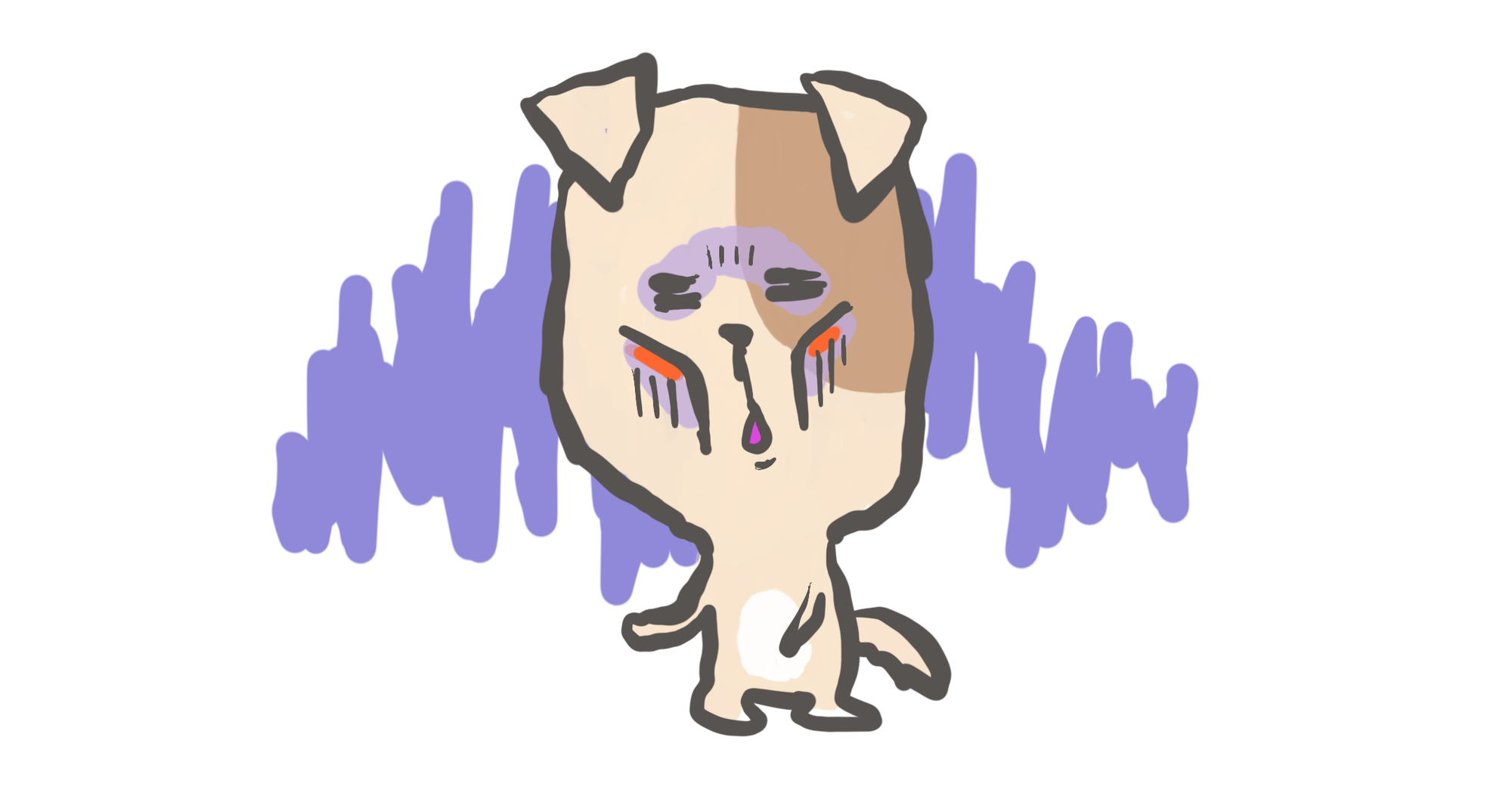
On the surface, that sounds like an inspiring story. And it was. But it didn’t solve my deeper problem: a lack of self-esteem. That experience gave me a conditional sense of self-worth — I only felt valuable if my users appreciated what I built. If not, I felt meaningless. My happiness was in other people’s hands — I was dependent on users’ approval. The bar was very very high.
If my work didn’t gain attention, I sank into emptiness. And when it did gain attention, it faded quickly. There’s no lasting self-esteem in that loop. So I kept pushing harder, chasing that feeling of validation again and again.
My early success in indie development ironically became fuel for an unhealthy drive.
It sounds kinda extreme, right? 😅 I think that’s because of one of my innate traits.
My extreme hyperfocus that my mom was even worried
As I mentioned, I used to make games. I’d come home from school, eat dinner, and then stay glued to the computer — coding, composing, drawing sprites.
One day my mom asked me in a serious tone, “Why do you have to work that hard?” And I didn’t have an answer. My head was just full of things I felt I needed to do, and I couldn’t think about anything else. It was an insane solo challenge to build a full action game, and by the time I realized it, I was already graduating high school.
(Side note: before my high school entrance exams, my parents actually hid the keyboard so I wouldn’t use the computer. 😆)
I don’t have ADHD, but once I get focused on something, I become tunnel-visioned. Even when I’m exhausted, I tell myself, “Just until it compiles,” or “Just until I fix this bug.” When I’m deep in code, I do ridiculous things — like walking into a closet thinking it’s the bathroom, or biking to the gym and walking home, forgetting the bike entirely. If you’ve had similar experiences — take it as a warning sign, not a bragging right.
This trait of mine definitely strengthened my belief that “I’ll only be happy if I succeed in indie development.”
Seeing it as an unfixable bug in my system
This overfocus clearly harms my health, but it’s not something I can just “fix.”
It’s like a character in an RPG with severely unbalanced parameters.
Or a system where, once you issue a command, you can’t change it for ten turns.
That’s just how I’m wired. I have no choice but to accept it.
So I decided to treat this trait as an unfixable bug in my system.
There’s an interesting idea in evolutionary medicine. Thoroughbred racehorses are bred for speed, but their bones became so thin and fragile that about one in a thousand races ends with a broken leg. As writer Akira Tachibana
puts it, perhaps our highly specialized minds — optimized for creativity or intelligence — come with the same kind of fragility.
It’s just an analogy, but it resonated with me. I may have a talent for building apps, but it came with the cost of this extreme focus. If I know from the start that I’m “a car with great acceleration but weak brakes,” then I can plan around it.
Accepting myself just as I am, regardless of the app’s success
A lack of self-esteem is a deep, complex personal issue. To fix my unhealthy motivation, I need to reframe that core experience —
to accept that “I’m a valuable person whether my app succeeds or not.” And sure, I’ve read enough books to know this intellectually,
but knowing it in your head and truly believing it in your heart are very different things. Because that old “thank you” message was such a powerful memory that it still defines my sense of worth.
So, it seems that learning to accept myself unconditionally might be a lifelong process, which would be something I’ll gradually get better at with age, or maybe finally understand right before I die. Maybe re-living my childhood through raising my kids will help heal those old wounds and fill that missing piece of self-esteem someday.
Why I haven't given up: I’m basically optimistic, despite it all
Even though I lack self-esteem, when it comes to indie development, I somehow stay incredibly optimistic. No matter how hard I work on an app that ends up flopping, I don’t stay down for long. I always think, “Well, I’ve done my best. Yoroshiku-onegaishimaaaasu! (Whatever happens, happens!)” and release it.
If it fails, I just analyze what went wrong and move on.
Everything is an experiment.
When I remind myself of that, even failure feels like data — something to learn from, not fear. This post itself is an experiment too: “What happens if I talk openly about mental health?” — let’s find out.
Even though overworking made me sick, it also forced me to pause and reflect deeply on my life. While enduring the relentless itch from my dermatitis, I’ve been thinking about video ideas and how I want to structure my comeback week.
I’m planning to write another post about how I plan to work after recovery.
My users told me to rest – with no 'deadline'
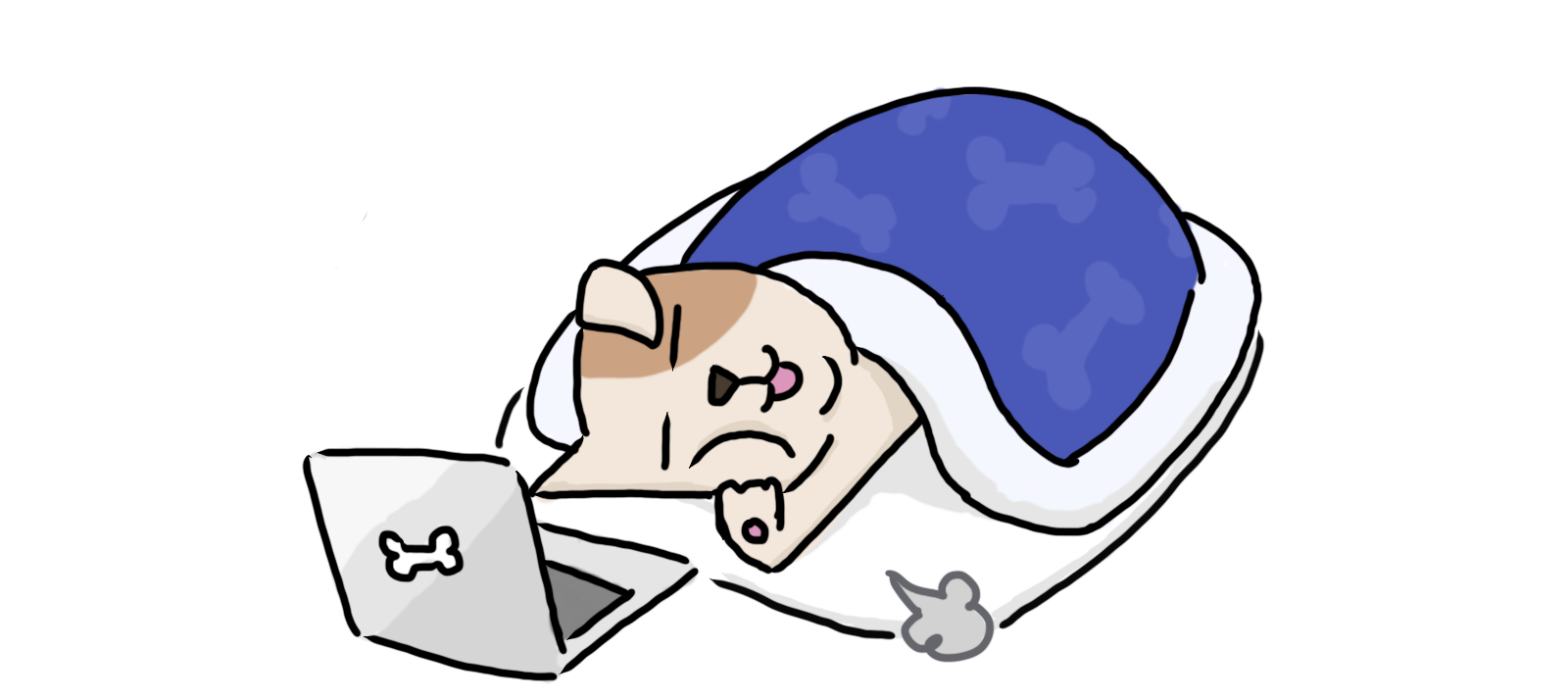
You might think that after all this pain, I’d want to quit indie development altogether — but no, not at all. As I said, I’m still an optimist. If I truly couldn’t handle it, I’d have gone back to freelancing long ago. But when my body started showing warning signs, I’d already lost sight of the joy in working on the project.
I was obsessed with competition, anxious about the user churn graphs, and couldn’t stop thinking about the app even in bed. I wasn’t resting properly.
One big reason was the fear that if I stopped developing, users would abandon me immediately. But when I finally gathered the courage to announce a break, I received messages like this:
After reading these comments, I realized that I should not set a "deadline" to get recovered, as it can be another pressure that hinders my healing from atopy. So, I've decided to drop the return date and fully focus on getting better. Thanks you so much for your kind words!!!!🙏 pic.twitter.com/Zi5RqsSeZR
— Takuya 🐾 devaslife (@inkdrop_app) September 30, 2025
@philocoder said:
Hi Takuya, I’m sure no one expects you to "get back to work as soon as possible and continue developing the app." So please don’t limit yourself to just a week or two—rest until you feel "completely fine". As someone who also sees himself as productive like you, I can easily say that "free time" isn’t such a bad thing. There’s a unique feeling in having a period when your mind is completely free from work. I’m also quite sure that the longer the break you take, the better you’ll feel. If I were you, I’d treat this “illness” as an opportunity and keep on idling for a while even after I’d fully recovered :p Hope you get well soon.
@brendanaw said:
Takuya-san there's no need to explain. Please take care of your health before anything else. You don't owe anyone any explanation. I understand the need to document and "report" to your fans but never feel obligated. It's a good to know for us fans but for you I'm sure you feel the pressure and stress to not want to disappoint us for not sticking to your regular posting schedule. Never apologize and I wish you a speedy recovery. Continue to post whenever you are feeling better physically and mentally. Take as long as a break you need :)
お大事にね!
The community’s response was overwhelmingly positive — not a single “Inkdrop is dead” comment. Instead, most people said, “Take a proper rest!”
That really moved me. As I rested, I felt my mind settling down, and my perspective widening again. I’ll write another entry about how that rest changed me mentally and physically.
Life is long. Don’t die over app development!
In this article, I looked back on my past to understand why I tend to overwork myself. Did any part of it resonate with you? What early experiences shaped your motivation to work? I’d love to hear your thoughts in the comments.
Thanks for reading. Inkdrop is a Markdown-focused note-taking app for developers. I’ve been developing it for over eight years now. If you’re looking for a notes app, check it out:
